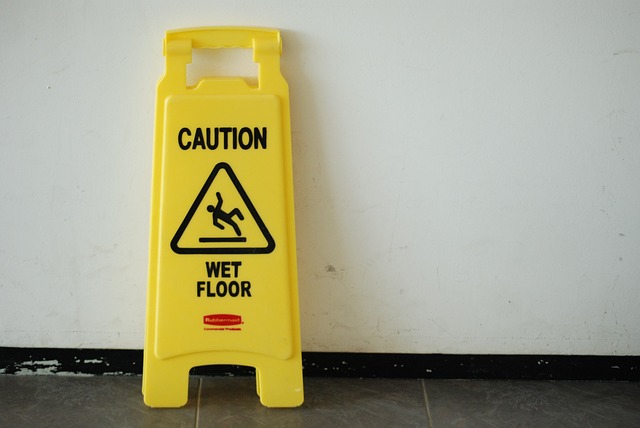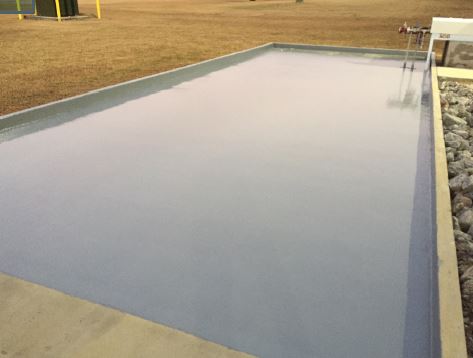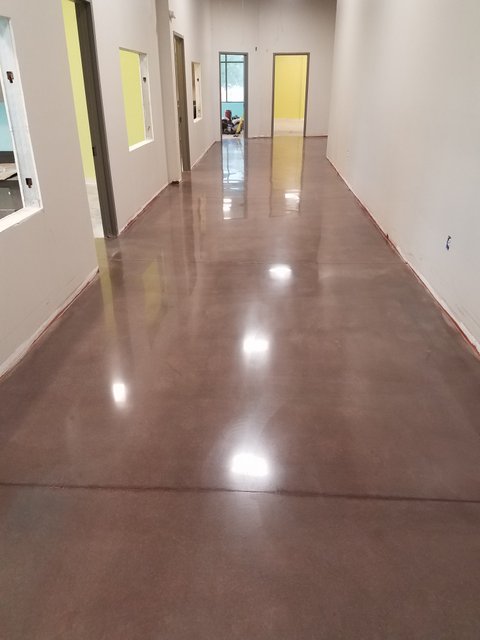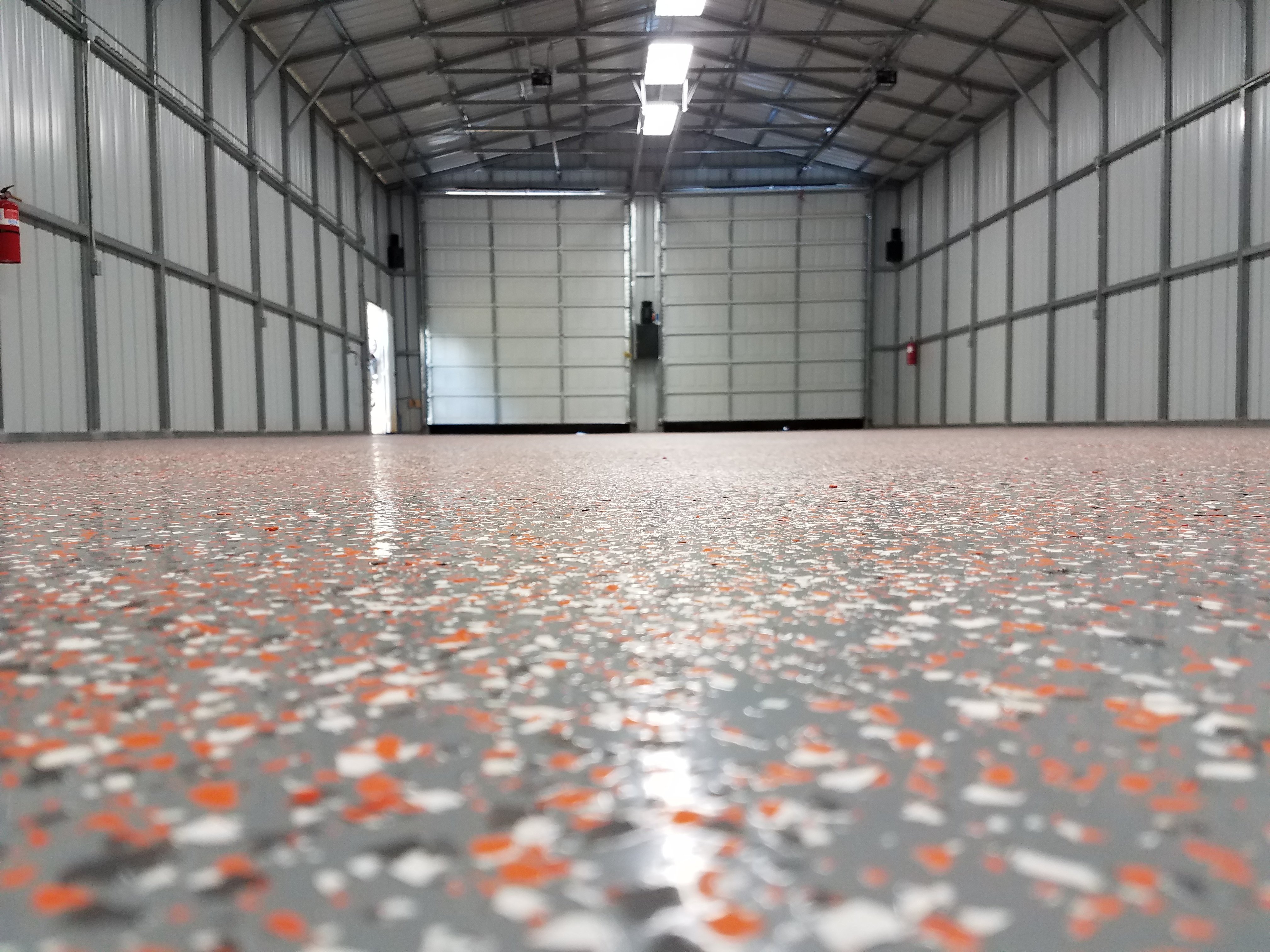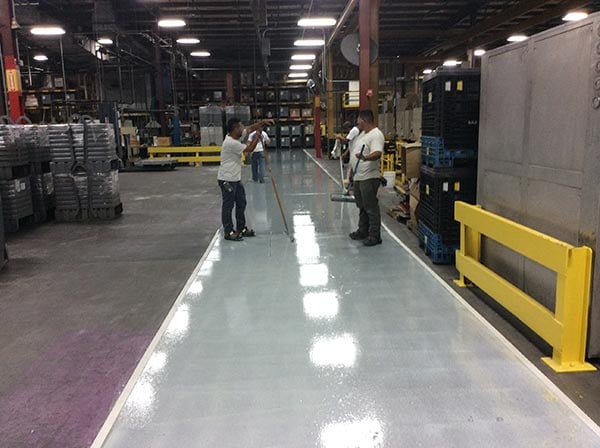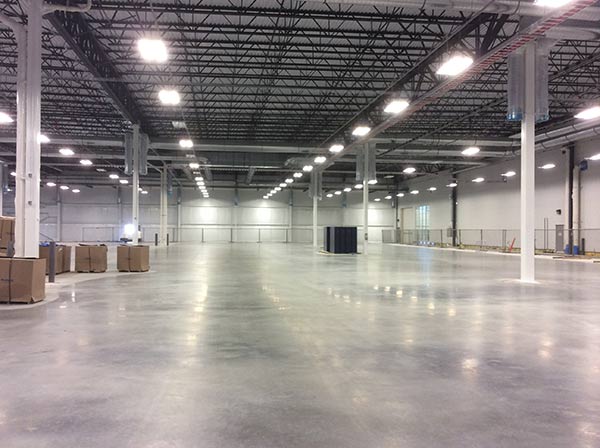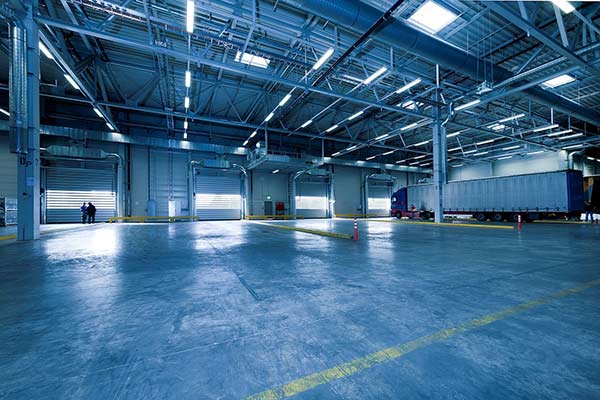Maintain your concrete floors to keep your employees safe
We know that workplace safety is your priority, and no employer wants to see their workers injured on the job. However, when you work in an industrial-style setting—such as a warehouse, manufacturing plant or even commercial kitchen—you may find that you have unique safety challenges related to your concrete flooring.
One way you can protect your employees from slip-and-fall accidents as well as a number of other health hazards is to make sure your facility’s floors are properly maintained. Below are common flooring-related hazards to be aware of, plus tips for how to prevent them:

